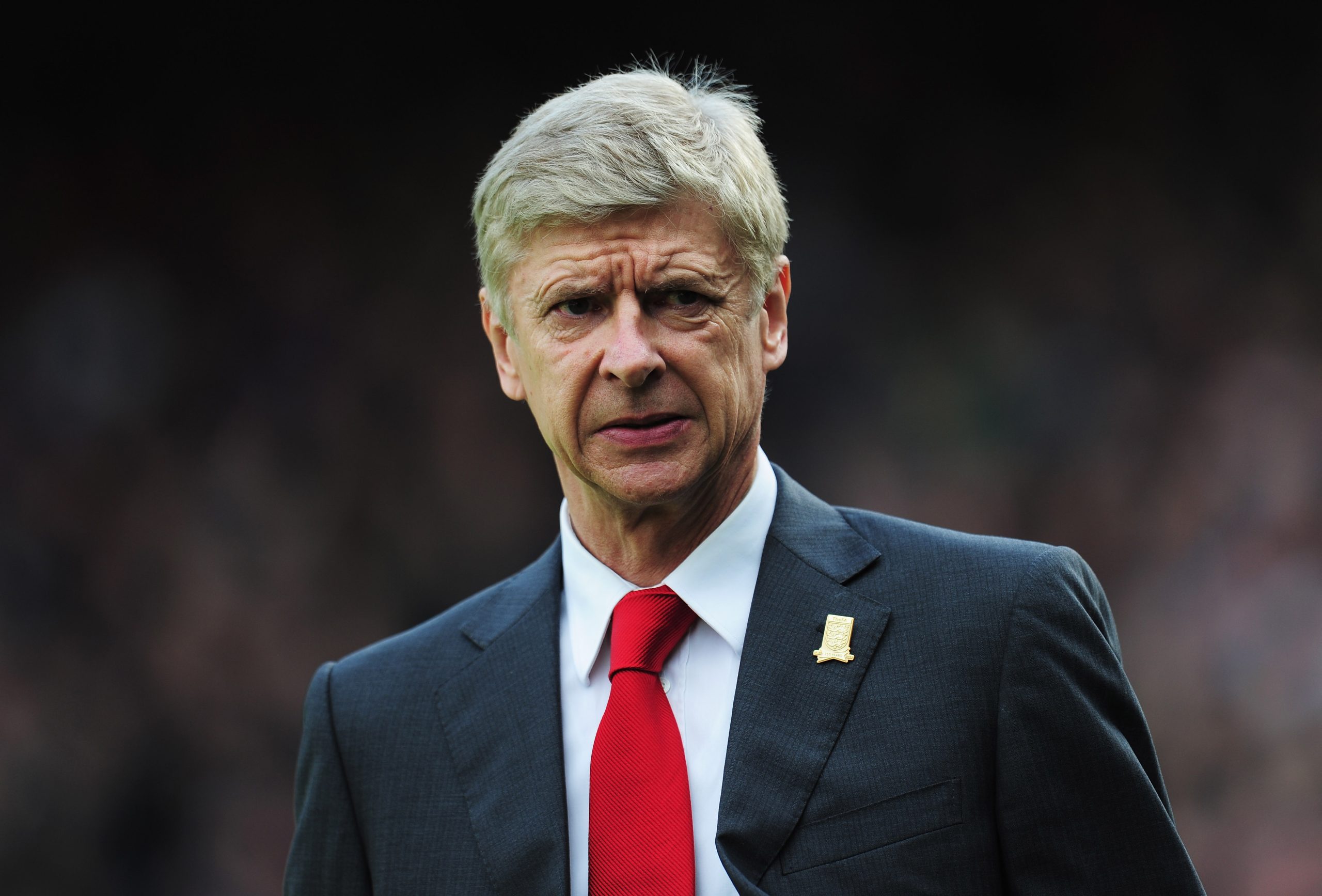Arsene Wenger’s interview in L’Equipe has been widely quoted in the last 24 hours – it’s worth a full read but most people have focused on his comments on doping and the winning-at-all-costs mentality and how Wenger is against both.
Specifically, he said:
“I try to be faithful to the values that I find important in life and to transmit them to others.
In 30 years of my coaching career, I never got one of my players injected to be more efficient. I never gave them a product that can improve performance.
It is about pride. I’ve played against a lot of teams that were not in this state of mind.”
And later:
“Today, we will glorify he who runs 10.1 seconds and not the one who runs in 10.2 seconds. But they all run very fast anyway.
This is very dangerous in sport. It is happening in an era where we glorify whoever wins; whatever the method and means.
Then we realise 10 years after that the guy cheated. During that time the one who was second – he suffered and is not recognised.”
After all these years of watching Wenger manage Arsenal, you can take these two things for granted – Wenger is not a cheat, and he prefers winning with style over winning at all costs.
The entire Wenger interview with L’Equipe’s Sport & Style magazine is worth reading – but what Wenger doesn’t mention, and what is strongly prevalent in today’s game, is how players take it upon themselves to use performance enhancing drugs – whether they come from the club doctor or from an outside source.
Doping in football – and sports overall – isn’t always institutional (regardless of what the current media storm around IAAF’s report may have you believe). It’s insidious, borne of desperation. It’s always about wanting to be faster, stronger, to recover quicker, to hit harder.
As long as players think they can get away with it, they will keep doing it. And the manager’s mentality doesn’t matter – especially if the manager is as trusting as Wenger.
It doesn’t mean that Arsenal players are guilty of doping – but that doping is rarely the manager’s domain. Players always have, and always will, take matters into their own hands.
Add Sportslens to your Google News Feed!
